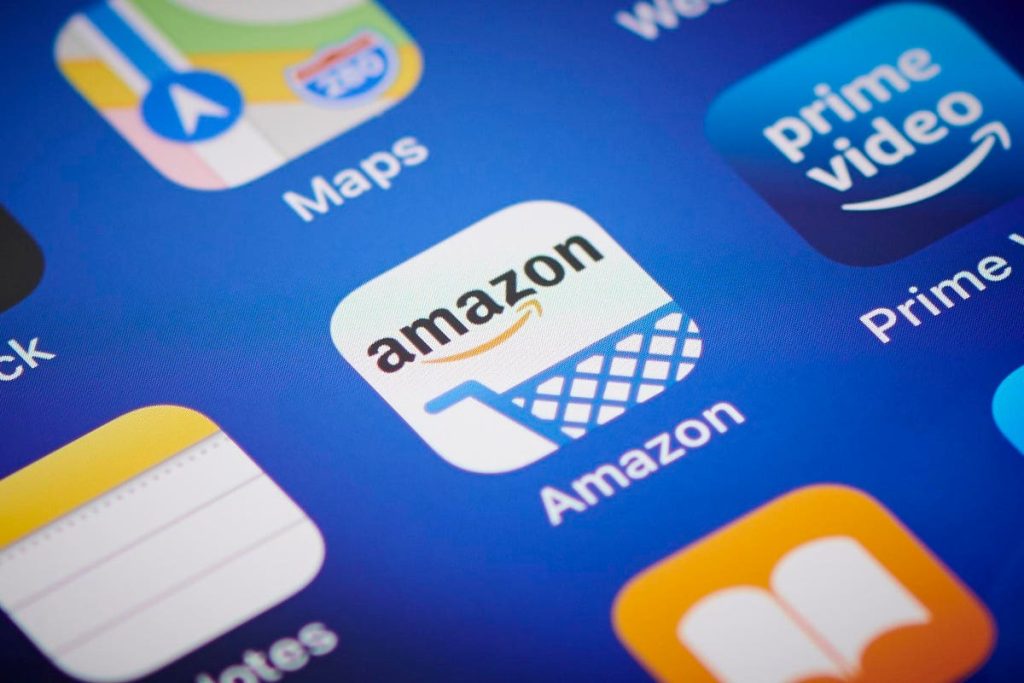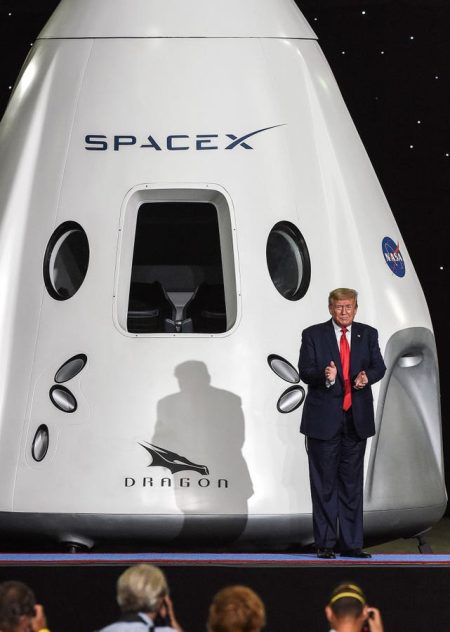Amazon has launched a legal challenge to the EU over its content moderation rules, saying it doesn’t fit the description of a Very Large Online Platform (VLOP).
Under the Digital Services Act (DSA), such large platforms are subject to additional rules on the removal of disinformation and illegal content such as hate speech, along with higher standards for the safeguarding of children. They must also carry out regular risk assessments, along with independent external auditing.
Earlier this year, 19 companies—including Amazon—were designated as VLOPs for the purpose of the legislation. They are defined as companies reaching at least 10% of the EU’s population, or around 45 million people, every month, and include Google Play, Meta, Twitter, YouTube, Apple’s App Store and Alibaba’s AliExpress.
“We consider these 19 online platforms and search engines have become systemically relevant and have special responsibilities to make the internet safer,” said Thierry Breton, commissioner for internal market of the European Union, at the time.
However, in its filing, Amazon claims that this designation “is based on a discriminatory criterion and disproportionately violates the principle of equal treatment and the applicant’s fundamental rights.”
The company’s argument is based on the claim that it is basically a retail operation, rather than a communication platform, and therefore isn’t the type of firm the legislation is designed to address.
“The DSA was designed to address systemic risks posed by very large companies with advertising as their primary revenue and that distribute speech and information,” the company says in a statement.
“We agree with the EC’s objective and are committed to protecting customers from illegal products and content, but Amazon doesn’t fit this description of a ‘Very Large Online Platform’ (VLOP) under the DSA and therefore should not be designated as such.”
And given that it’s a retailer, says Amazon, it’s already subject to laws such as the General Product Safety Regulation, and is being targeted unfairly in comparison with other European firms.
“The vast majority of our revenue comes from our retail business, we are not the largest retailer in any of the EU countries where we operate, and none of these largest retailers in each European country has been designated as a VLOP,” it says.
“If the VLOP designation were to be applied to Amazon and not to other large retailers across the EU, Amazon would be unfairly singled out and forced to meet onerous administrative obligations that don’t benefit EU consumers.”
German company Zalando, Europe’s biggest online fashion retailer, filed a similar lawsuit last month. It, too, is claiming that it’s a retailer rather than a communication platform and therefore exempt, and also says that the EU has significantly overestimated the size of its user base.
However, the DSA explicitly includes provisions to force platforms to restrict the sale of illegal goods and protect buyers and sellers, indicating that it applies to retailers too.
The DSA is set to come into force next month, with fines of up to 6% of revenue for noncompliance. The EU says it will defend its position in court.
Read the full article here










